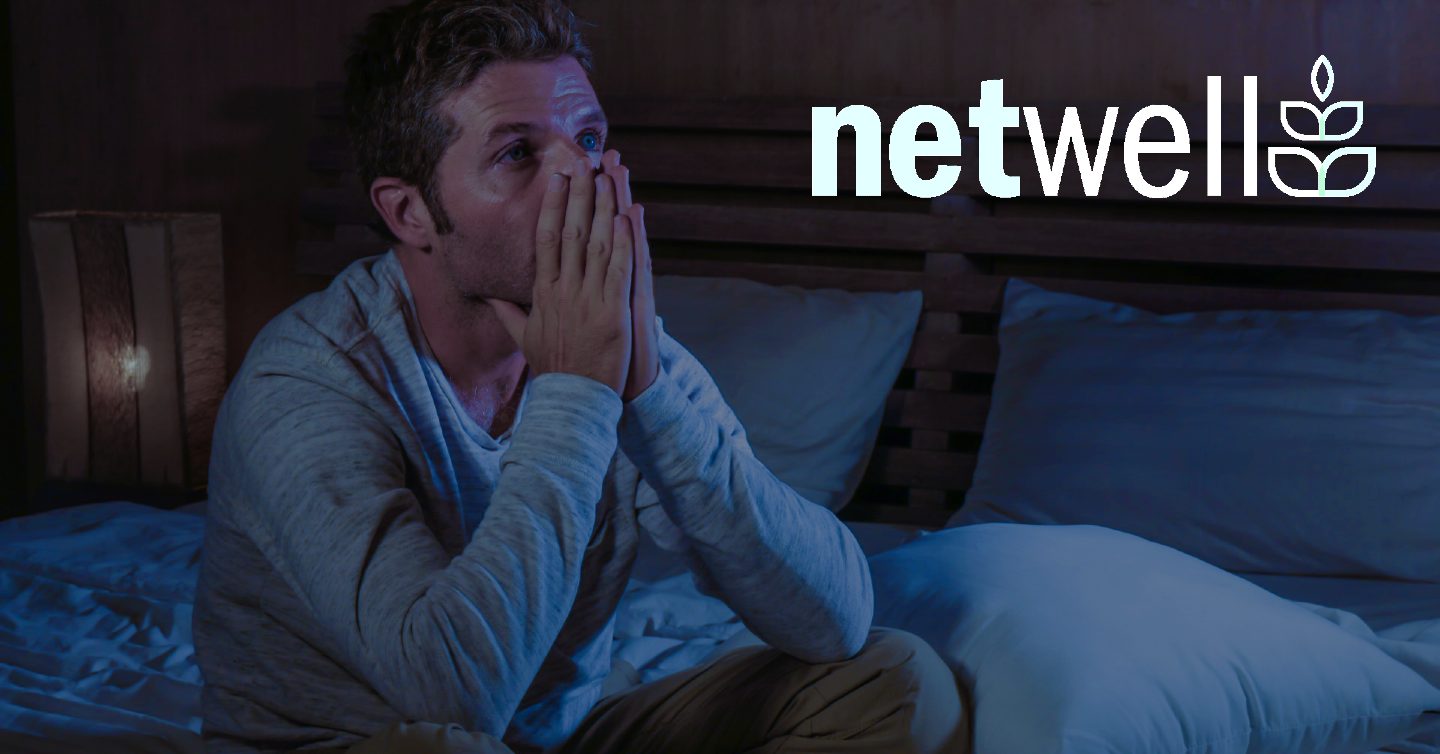
The Benefits of Taking a Mental Health Day Off Work and How to Make the Most of It
When it comes to taking time away from work, consider doing so for no other reason than looking after your mental health. A mental health day off work can have major benefits for both employees and the companies they work at.

More Than Just Winter Blues: Understanding Seasonal Mental Health
Learn about the so-called winter blues and why there may be more to it than you think. We'll explain what it is and what you can do about it to help yourself feel mentally and emotionally better during the holiday and winter season.

Dementia and Medication Adherence: How to Help Those With Dementia Take Their Medication
If you have a loved one with dementia, you'll know that they may sometimes struggle to remember routine tasks. One such task is taking their medication, which is vital to their health. The Pharmacy team at Network Health has some helpful ideas to consider trying that might go a long way toward ensuring your loved one is taking their medication as prescribed.

Will Light Box or Sun Lamp Therapy Help With SAD?
Find out all you need to know about using a light box, or sun lamp, to help with your Seasonal Affective Disorder (SAD).

Zoloft vs Lexapro vs Wellbutrin and Other Antidepressants
There are many different classes of antidepressants, so if you're confused by names like Zoloft, Lexapro and Wellbutrin and aren't sure what the difference is, we'll explain what you need to know.

If My Grandparents Have Alzheimer’s, Will I?
Learn the truth about the role genetics play in the development of Alzheimer's disease and what it means for you if a direct family member suffers from it.

Can You Develop Autism Later in Life?
Since autism is usually diagnosed at a young age, some may wonder whether it's possible for autism to develop later in life and what the disorder looks like in adults. Network Health Quality Care Coordinator Mary Zamost answers those questions and more.

Finding Hope for Treatment Resistant Depression with TMS
There's an unlikely treatment option for those who have exhausted remedies for depression. Magnets. How do they work to treat depression? Find out in this feature article from Ascension's TMS program coordinator Tracy Karnitz.

Don’t Miss the Most Important Notification…From Your Mental Health
Modern technology provides new opportunities for connecting with one another, but more for stress as well. In this article by wellness coordinator Mindy Arndt, you’ll learn about these stresses and how to avoid them without completely unplugging yourself from the world.

Feeling Stressed? You’re Not Alone.
In this post by Tina Lechnir LCSW, the regional director of behavioral health services at Ascension Wisconsin, you'll learn how to mitigate and manage dangerous stress during a pandemic and afterward.

Network Health’s Behavioral Health Committee Provides Important Mental and Behavioral Health Resource for Wisconsin
In this post, quality care coordinator, Mary Zamost, shares the incredible value of the Network Health behavioral health committee. Learn about how it's helping our members and our own communities every day.

Mental Health Awareness Takes Center Stage in November and Beyond
Mental health is an important and sobering topic. In this post, quality health coordinator at Network Health and behavioral health committee member, Mary Zamost, takes a look at when a mental condition becomes a mental illness.

Suicide is an Epidemic. Here’s How to Help
TW: Self-harm, depression, trauma and death. This post, by Network Health Quality Care Coordinator Mary Zamost, discusses the suicide epidemic and what we can all do to help those struggling with questions and feelings about it.

The Truth About Medications in Pop Culture
Pop culture is increasingly full of references to different prescription medications, not always in the most accurate or responsible contexts. In this post, our pharmacy team dispels myths surrounding four common allusions.

You Are Not Alone
Awareness of anxiety and depression has grown in recent years. In this post, we look at managing these mental health issues through therapy and medication to help you feel better.

netwell: The Whole-Body Benefits of Healthy, Sufficient Sleep
In this netwell article, we look at just how much sleep you need every night and the benefits of a good night of sleep.

Seasonal Affective Disorder (SAD) Means Annual Challenges for Millions
If you feel worse around the same time every year, you're not alone. Learn how to recognize the symptoms of Seasonal Affective Disorder (SAD) and some prevention and treatment steps to make them less severe.

How the Coronavirus is Affecting Our Mental Health
The coronavirus and COVID-19 have taken a significant toll on our physical health, but they've also wreaked havoc on our sense of routine and stability. Find out how to make mental health a priority during these times.

COVID-19 Pandemic Holds Extra Challenges for Neurodivergent Individuals
ADHD affects individuals of any age but can be especially rough on children during the COVID-19 pandemic and subsequent social slowdown/shutdown. Read about how to help those with ADHD cope during this time.

When Should I See a Therapist?
We all face struggles and times when our mental health doesn't feel like it's at its fullest. In this article, Mary Zamost shares some advice on when it may be time to reach out to somebody who can help.

8 Steps to Take to Focus on Mental Health
Mental health may not be the primary focus during the COVID-19 outbreak but it needs to be considered. Here are eight steps you can take to feel better during this time of uncertainty.

Four Common Myths about Mental Health
Mental Health is an element of health wrought with misunderstanding and undeserved stigma. In this article, our quality care coordinator, Mary Zamost, helps clear up four common - and damaging - myths.

Learn a New Skill During #SaferAtHome With These Great Online Courses
Being stuck indoors is no fun, but if you're looking to learn a new skill, you'll find these online resources great for expanding your horizons and skills base.

It’s More Than the Winter Blues
Seasonal affective disorder or seasonal depression affects millions of Americans every year. Find out what to look out for and some treatment options for this annual mental health disease.